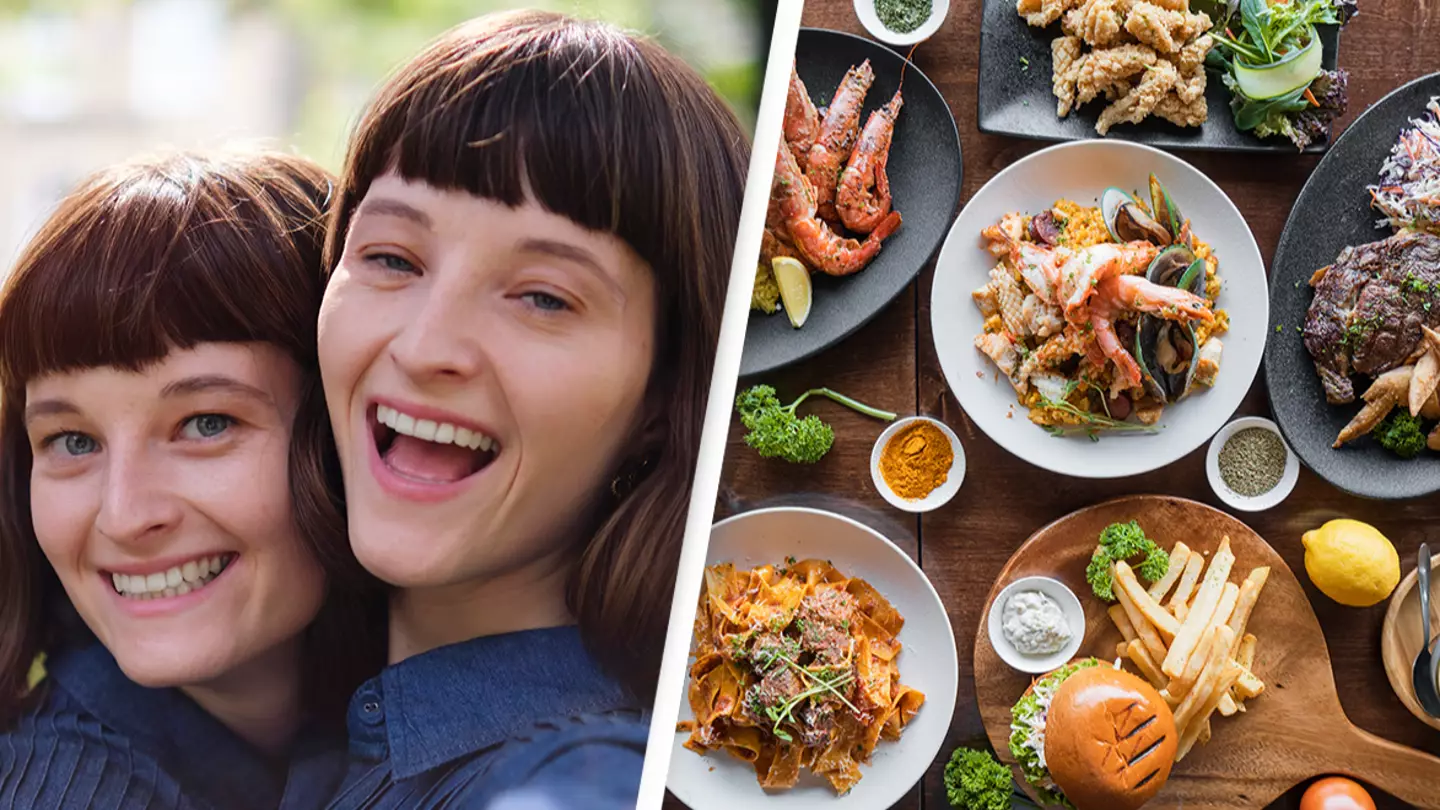
Researchers revealed interesting results after asking 21 pairs of twins to go on separate meat or vegan diets for eight weeks.
Whatever your diet of choice, chances are someone has an opinion about a better one.
Some people stick purely to plants, others opt for a balance of meat and veg, and a rare few even go as far as eating entirely raw meat.
Advert
It can be hard to give up your favorite foods forever, but new research suggests that sticking to a vegan diet even for just a few weeks can have a big impact on your biological age.
The finding came after a study involving 21 pairs of adult identical twins, with one twin asked to eat an omnivorous diet for eight weeks - including between 170 and 225 grams of meat, one egg, and 1.5 servings of dairy each day - while the other half ate a vegan diet for the same length of time.
For the first four weeks the participants had food prepared for them, and for the second four weeks they ate meals they cooked themselves after receiving nutrition classes.

Those taking part in the study were an average of 40 years old and had an average body mass index (BMI) of 26 kilos per metres squared. There were also slightly more women in the study, making up 77 percent.
Throughout the study, the researchers took blood samples at four-week intervals and looked at the levels of DNA methylation, a type of chemical modification of DNA that alters gene expression.
The study, published in the journal BMC Medicine, found decreases in estimates of biological age - known as epigenetic ageing clocks - in the participants who ate a vegan diet, but not among those who ate an omnivorous diet.
Commenting on the findings, Professor Christopher Gardner, of Stanford University, California, said: "We also observed decreases in the ages of the heart, hormone, liver, and inflammatory and metabolic systems of participants who ate a vegan, but not an omnivorous diet, for eight weeks."

The researchers noted that exactly how much the diets contributed to the differences is unclear, but biological age wasn't the only area in which the twins saw differences.
The researches found those on the vegan diet lost two kilos (4.4 lbs) more on average than those who ate an omnivorous diet due to the calorie differences in the meals served in the initial four weeks.
This weight loss could have contributed to the observed differences in epigenetic age between both groups.
Corresponding author Dr Varun Dwaraka, of TruDiagnostic Inc, explained that further research is needed on the subject to 'investigate the relationship between dietary composition, weight and ageing, in addition to the long-term effects of vegan diets'.
Topics: Food and Drink, Health, Science, Vegan